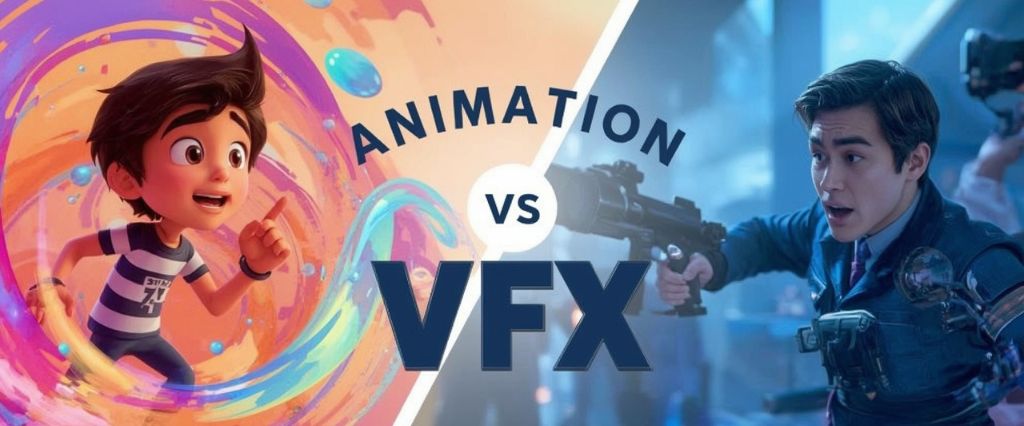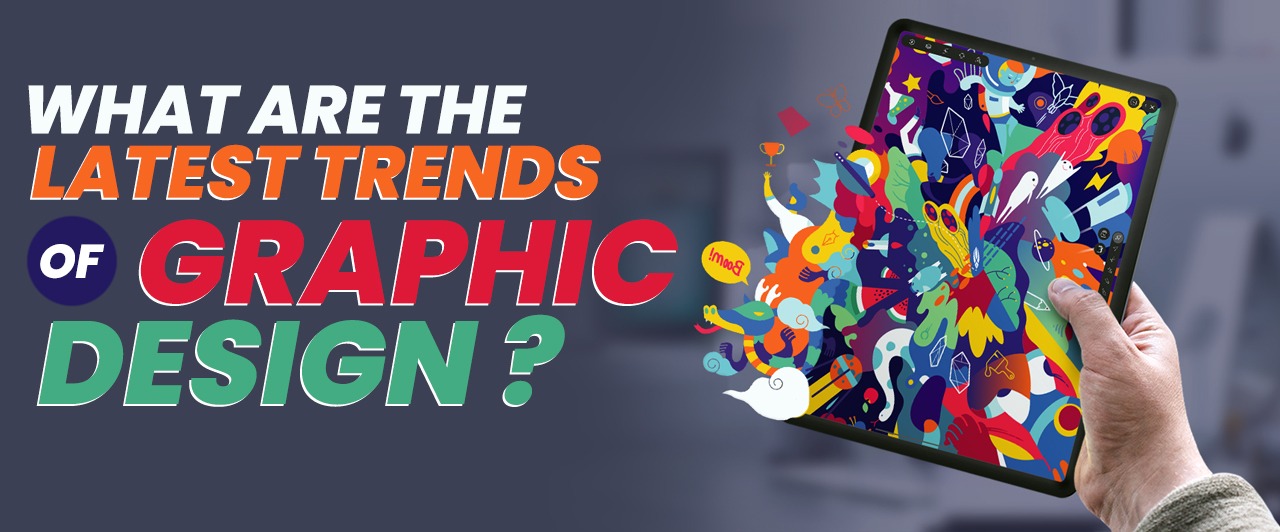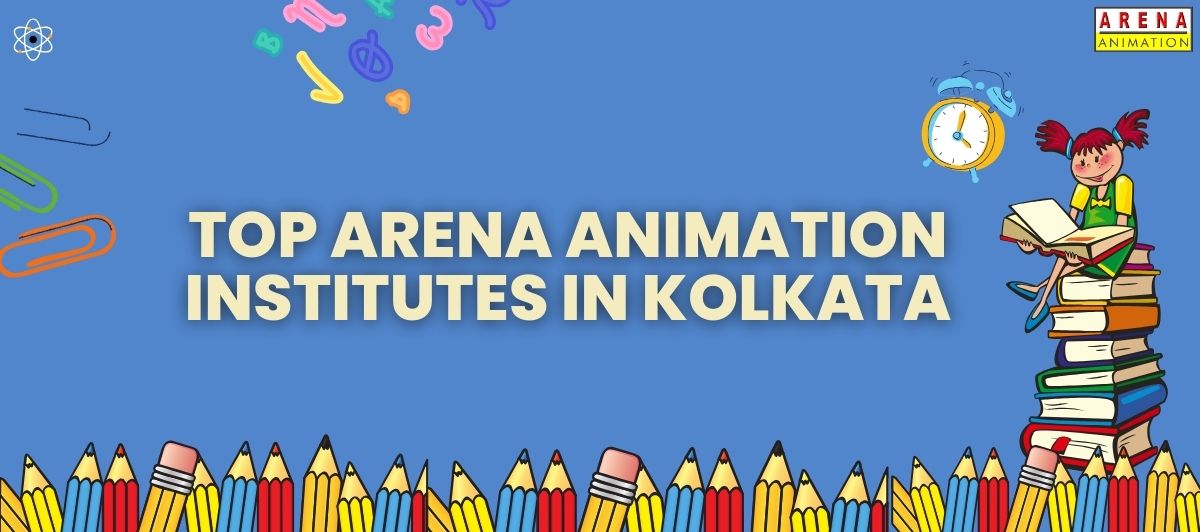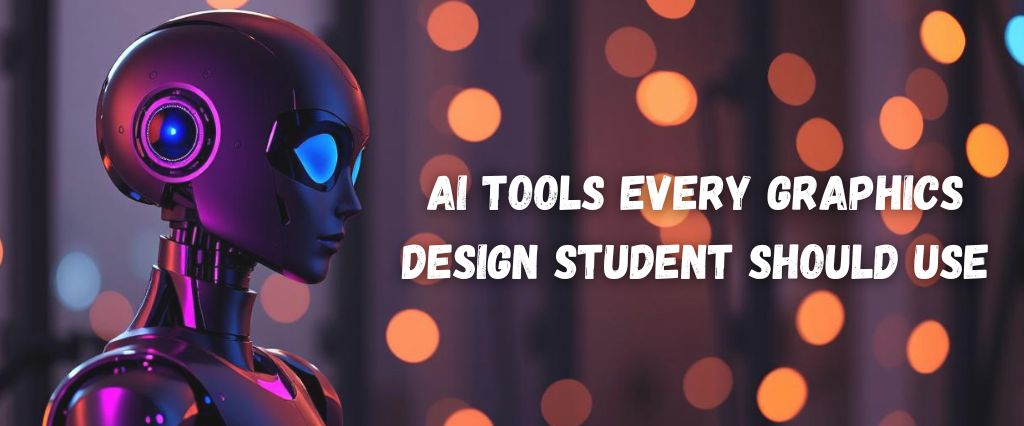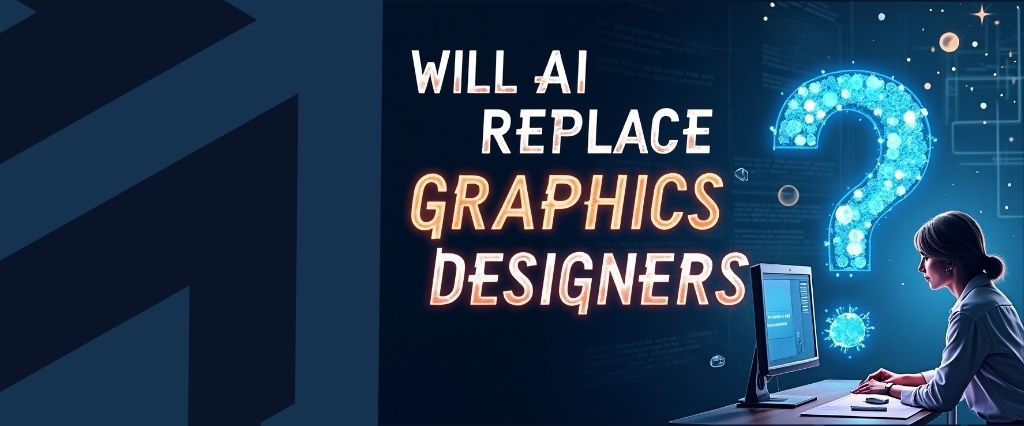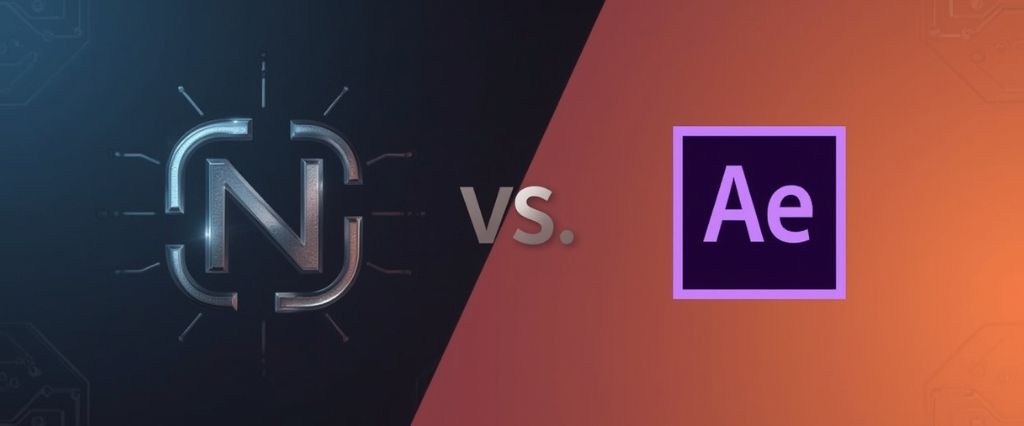Certification vs Degree in Animation & VFX: Which One Should You Pursue
Do you find yourself confused in pursuing a certification or a degree in animation and VFX? Then do not worry as we will ease off your anxiety and provide you detailed clarity in making the right career choice. Let us be real, it is an individual’s choice. If you are zealous in learning animation and VFX courses in Kolkata, then it all comes down to your budget, targeted goal and timeline you have set.
Through this blog, we focus to enlighten the students looking to explore their career in the animation and VFX industry based on real time factors. So let us begin!
Degree in Animation and VFX
You may have a question–Is animation degree worth it? Usually, a degree programme offered by colleges and universities render a broad and deep concept understanding in storytelling, animation theory, tools, design principles. It usually lasts up to 3-4 years depending on the curriculum programme they offer.
The impact of obtaining a degree in animation and VFX is:
- Students are provided with a holistic exposure in animation learning. This includes VFX, film history, 3D modeling and more.
- Opting for a degree in the animation industry comes with additional advantages including industry networking, internships, campus life exposure and so on.
- You accomplish recognised academic qualification which supports your profile in working abroad.
However, these specialisation degrees require longer periods of time for completion and are cost driven. A few of the colleges do not have syllabus that covers the latest industry trends.
Certification in Animation and VFX
A certification course is a short-term programme that ranges from a couple of weeks to a maximum of a year. These courses are precisely developed as it focuses on specifics including compositing, 3D animation, motion graphics animation, software (After Effects, Maya, Blender) and so on.
Impact of obtaining certifications in Animation and VFX:
- Students and working professionals can use these certifications for faster skill-building.
- Industry-relevant concept exposure with tools
- Flexibility in nature, as these certification courses can be taken up through online and offline channels.
- Ideal for individuals looking to upskill their learning or considering switching careers.
- Cost-effective price range.
With plenty of positive aspects, individuals can miss out on in-depth theoretical learning. In a few situations, these certification may not cause relevancy according to a few organisation requirement criteria.
VFX & Animation Degree vs Certification: Which one to select?
Here are some of the parameters which you should consider for selecting between Animation and VFX course certification and degree:
Opt for a degree course only if-
- Individuals have completed their college (12th) and are preparing for the full-time degree courses for in-depth learning.
- You are capable of affording the degree and are willing to invest your time.
- Your long-term career goals require academic recognition
- Individuals are excited to learn in-depth concepts such as storytelling, cinematography and more.
Opt for certifications only if-
- You have pursued a degree and are pivoting to animation of VFX
- Individuals are focused on learning about specific tools required in a role (3D animator, compositor and more)
- If you aim to upskill from your current job under a tight budget.
In Summary
The truth is, the animation and VFX industry expects individuals to demonstrate their learning as skills matters the most compared to various learning methods. Regardless of the diploma vs. degree in animation and VFX debate, a strong portfolio and in-depth expertise makes you stand out.
Prefer the right learning method (animation degree vs. certification) based on your financial capabilities and long term career goals for an effective future outcome for yourself!
![]() June 29, 2025
June 29, 2025
![]() By Admin
By Admin
![]() animation and vfx course,animation course in Kolkata,diploma vs degree in animation,VFX course certification,VFX course in Kolkata,
animation and vfx course,animation course in Kolkata,diploma vs degree in animation,VFX course certification,VFX course in Kolkata,
